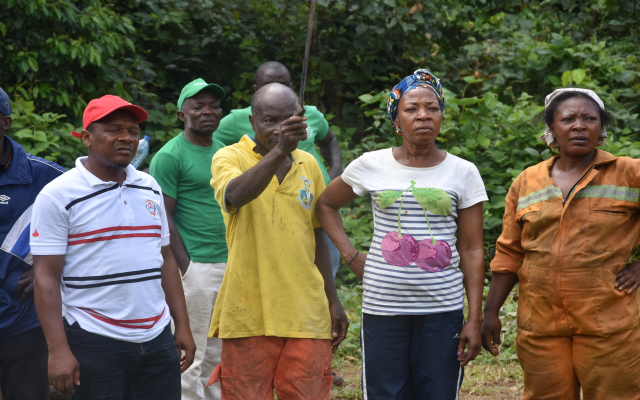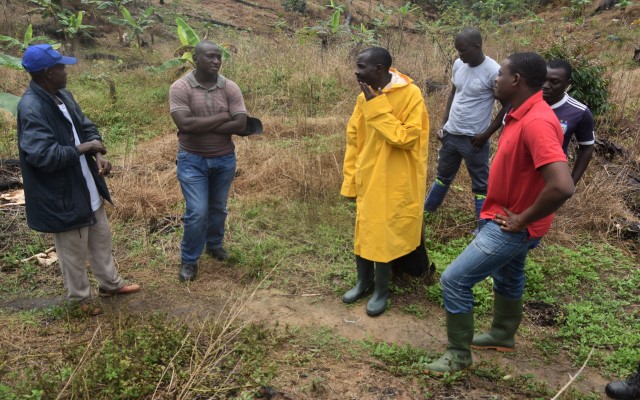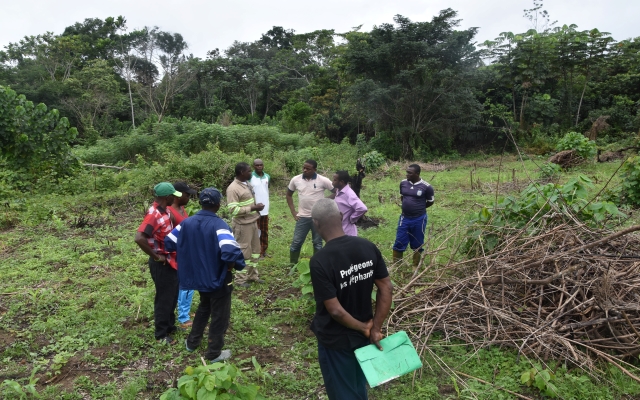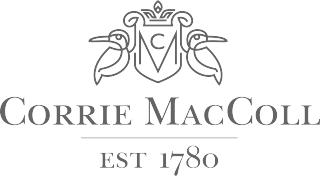The Cameroon Outgrower Programme:
Empowering 13,000 rural families
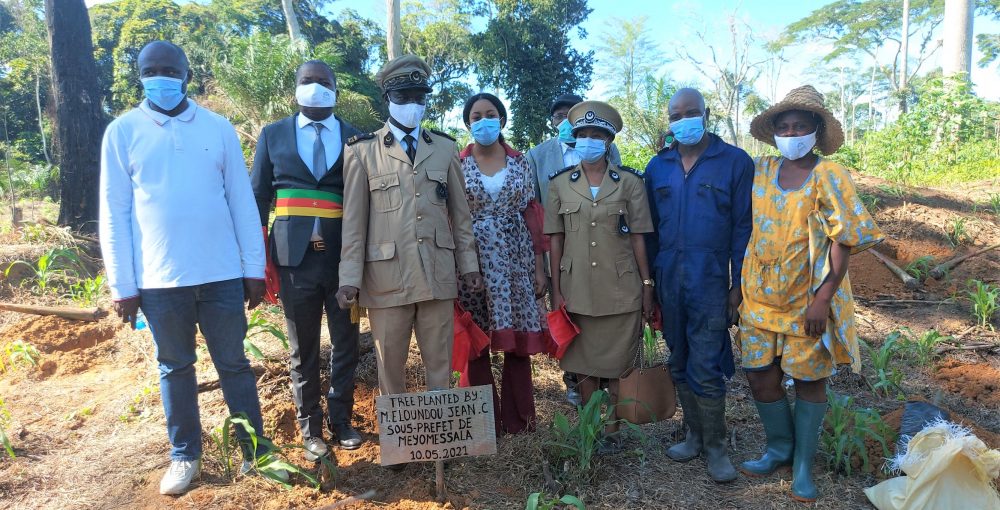
Overview
The Cameroon Outgrower Programme is officially underway. The 15-year planting programme will see 13,000 landowners equipped with the education and financing to develop multi-crop farms around a core crop of rubber. 27,000 hectares of degraded land or low yielding farms will be re-planted and sustainably farmed to produce 100% traceable, high quality rubber and liquid latex.
Developed to address several United Nations Sustainable Development Goals, the programme will create impact both environmentally through the development of rubber farms which are high sequesters of carbon, and socially, by promoting sustainable development through creating wealth for rural communities.
Social Impact
The programme’s first plantain sucker was planted by Ms Madeleine Ngo Nkock, a farmer in the Meyomessala area of Cameroon, who has registered 2 hectares of land. Ms. Ngo Nkock has successfully completed her onboarding process which included building her applicant profile, passing both her credit risk assessment and the environmental assessments performed on her land, and attending training courses on sustainable farming and credit management. Having entered into a 2 year loan, disbursed as farming equipment and plants, she now has the resources to develop her new multi-crop farm of rubber, plantain and redbeans.
This is how farmers like Ms. Ngo Nkock will benefit from the programme:
- 13,000 farmers provided with financing, many of whom have not held bank accounts and would have been deemed a credit risk
- 27,000 hectares of degraded or low yielding land reforested with rubber trees
- Legal land titles acquired for each farmer
- Both classroom and practical education on sustainable farming practices to increase yields on existing farmland and positively impact the environment
- Lessons conducted by banking professionals on credit management, reinvestment and savings
- Monthly farm monitoring and support from dedicated team of agronomical experts
- Members of legal cooperatives to manage material purchases, loan repayments and the sale of farmed products
- Coverage by Cameroon Radio Television: 'Officially launching the programme on a 3 hectare farm, the Divisional Officer Mr Jean Claude Eloundou, described it as a veritable opportunity to oust poverty. Farm owners, Mr Martin Zolo Ndongo and Ms Madeleine Ngo Nkock, have expressed gratitude with the wish for their family in the near future to be able to settle their education, health, nutrition and other bills with ease.'
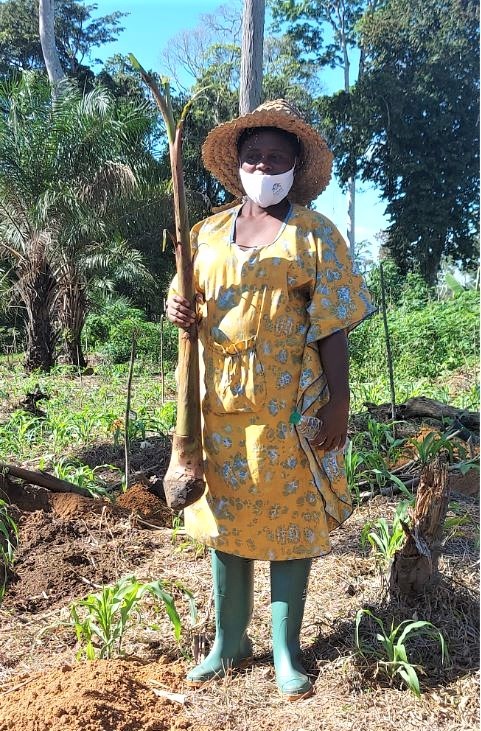
Global Impact
There are approximately 6 million rubber smallholder farmers globally. These farmers grow the critical raw materials that drive our everyday lives yet investment in them has fallen short. Through education, financing, and support, the Cameroon Outgrower Programme will provide these farmers with the necessary tools to increase yields on their existing land, driving the following United Nations Sustainable Development Goals:
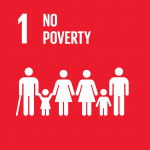
No Poverty: Driving socio-economic development.
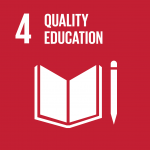
Quality Education: Education on agronomical practices, multi crop farming, loan management and reinvestment to support sustained personal growth.
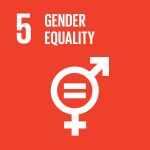
Gender Equality: The promotion of women to register for individual land titles and financing.
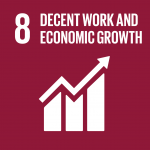
Decent Work and Economic Growth: Farm ownership through the securing of land titles, and community employment opportunities.

Climate Action: The planting of 13.5 million rubber trees to sequester large quantities of carbon on non-forested lands.
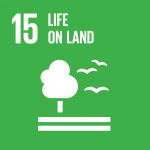
Life on Land: A total of 27,000 hectares planned for reforestation by rubber trees.
- Ryan Wiener, Global Head, Sustainable Development and Strategic Marketing of Corrie MacColl: “There are 500 million smallholder farmers globally of which 6 million produce rubber. Developing these livelihoods holds the key to addressing some of the world’s most pressing social and environmental issues, and we can do this through education, support and providing the financing to access quality planting materials. This way, we increase yields on existing land, removing the need to deforest while providing necessary added food and income security. We will start with 13,000 families and with sufficient scale, we hope our successful model is replicated across all smallholder-based agricultural industries.”
Traceable End-Product
80% of global rubber supply is produced by smallholders, of which only a fraction is traceable from tree to product. Environmental and social issues arise from this lack of traceability, as well as making it challenging to implement quality control.
The Outgrower Programme ensures full product traceability. It also requires the farms to comply with Corrie MacColl’s Sustainability Policy to ensure that the farmers and the land use are compliant with international social and environmental standards.
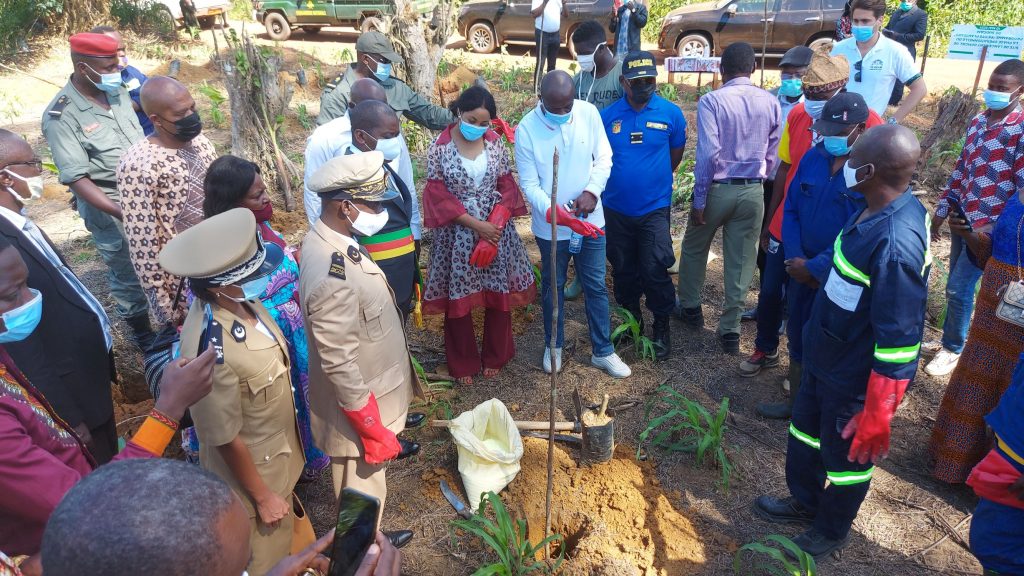
How it works
13,000 smallholder farmers within proximity to Corrie MacColl’s Cameroon plantations register their combined 27,000 hectares of land. A minimum of 0.5 and a maximum of 2 hectares is permitted per farmer. In the short-term, farmer income is generated through the cultivation of cashcrops as part of the intercropped farming model. An adjacent savings plan also ensures that reinvestment funds are available for rubber upkeep over years 3 to 6.
In the long-term and at rubber maturity, we strive to maintain long-lasting commercial relationships with the smallholders in order to purchase their rubber at competitive prices. This will sustain the socio-economic impact of the programme within the communities.
- Candidates submit their particulars and land details
- GPS coordinates are recorded.
- Candidates are assessed and required to pass the sustainability assessments, including:
- No deforestation on the land after December 2018 in line with Corrie MacColl’s No Deforestation policy. This is verified by a third-party satellite imagery tool.
- Environmental and Social risk assessment questionnaire developed by international NGO, Proforest as an evaluation of the farmers’ historical cultivation techniques.
- Credit risk assessment
- Candidates do not typically hold bank accounts, credit cards or mortgages at the time of registration. In order to better assess a candidate’s credit risk, LendXS, developed a credit risk assessment and loan origination tool which allows the programme’s lending partner to efficiently process the individual farmer’s loan applications, and to accurately assess and track the individual repayment capacity of each farmer participating in the programme.
- Cooperative membership
- Cooperatives are legal entities that are voluntarily established by individuals or corporate bodies. Members collaboratively work towards shared commercial, social and environmental objectives. Applicants are required to become a member of a valid cooperative which will monitor the disbursement of materials as the loans are released. Sales from the cash crops are also managed by the cooperatives.
- Land ownership
- Legal land documents are rare in these rural communities. As a programme requirement, the cooperative will assist applicants in obtaining their land titles.
- Contracts and accounts
- Applicants sign contracts with the cooperative and lender, and a bank account is opened in the farmer’s name.
- Training
- Applicants complete a thorough training programme on the sustainable farming of rubber and the crops of their choice. This is performed by Corrie MacColl’s outgrower team and is accompanied by a training manual.
- The lender presents a course in credit risk and financial management.
- Abraham Baffoe, Africa Regional Director of Proforest commented: “Forests are integral to the livelihood and ways of life of the population of local communities in the wider landscape of Corrie MacColl’s operations in Cameroon. Proforest is excited to have provided a guide in support of Corrie MacColl’s Outgrower Programme that provides access to finance, technology and education necessary to help the local farmers transition to a sustainable agriculture model, an important first step to addressing rural poverty while protecting local forests and contributing to meeting global climate goals.”
- Eelko Bronkhorst, CEO of LendXS commented: “LendXS is happy to support Corrie MacColl with the digital tools needed to facilitate the mobilization of finance for smallholder farmers in their Cameroon Outgrower Programme. The Programme sets a terrific example of how through an innovative partnership with stakeholders, Corrie MacColl’s objectives for deforestation-free sourcing of rubber are realized whilst improving the economic and social livelihoods of rural communities.”
- Lee Chestnutt, CEO, Corrie MacColl Plantations commented: “We are proud to have entered into a programme of this scale where we have the opportunity to support rural Cameroonians in their aspirations to become business owners. Upon success in Cameroon, the same model can be rolled out across the wider Halcyon ecosystem of companies.”

